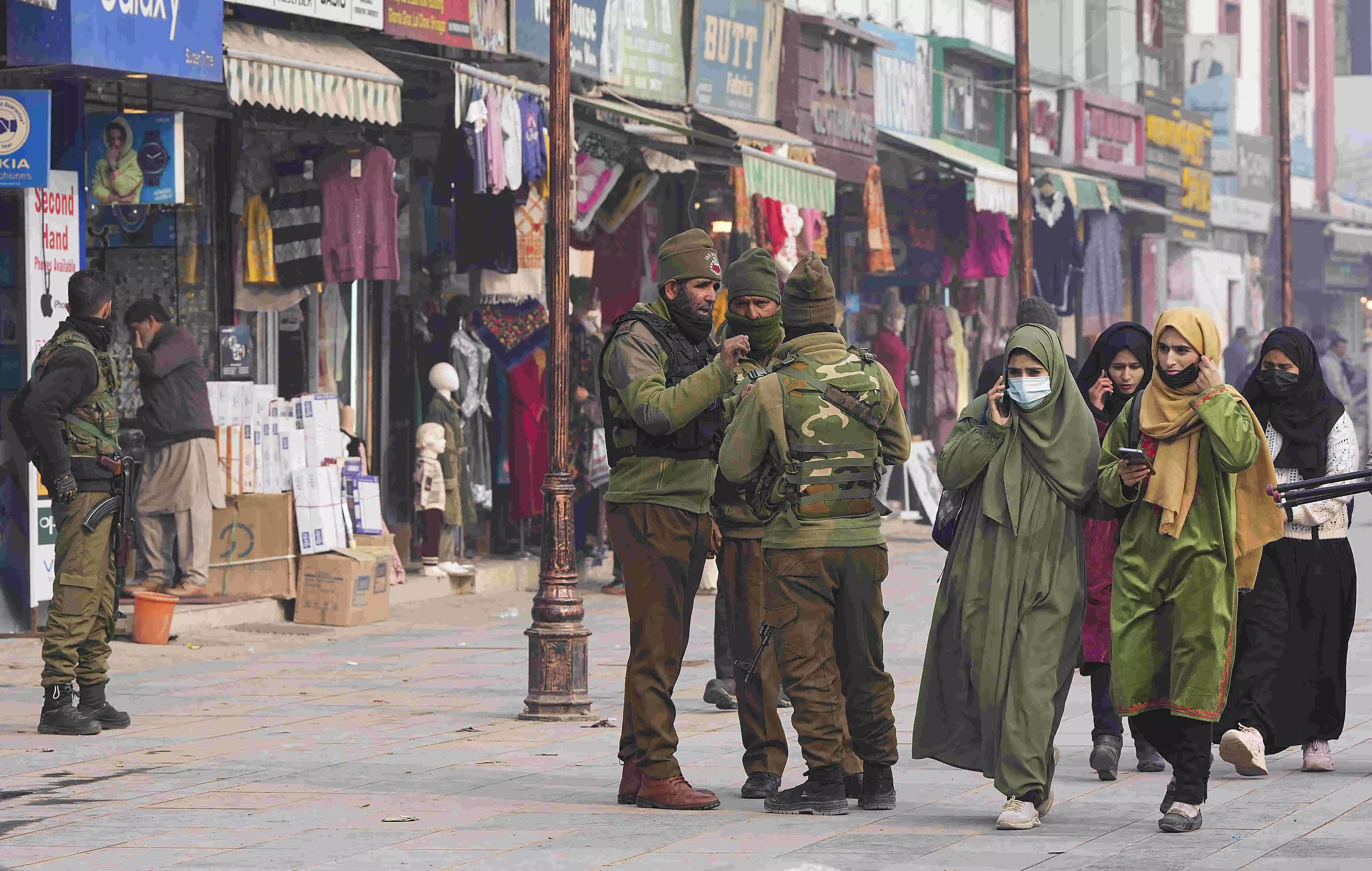Appropriate closure?

The Supreme Court’s verdict upholding the abrogation of Article 370 of the Indian Constitution appears to put a full stop on a more than seven decade long debate regarding the position of Jammu and Kashmir in sovereign India. A major section of the Indian population perceives the court’s verdict as an ultimate approval to J&K’s ‘integration’ into India. This notion may be misleading because J&K has always been an integral part of independent India. Over the decades, manufactured theories regarding ‘sovereignty’ of J&K have also been floated. At no point in time, J&K enjoyed any ‘sovereignty’ after it was ceded to India by Hari Singh. Thus, the Supreme Court’s verdict is neither a nod for integration nor a disapproval of J&K’s ‘sovereignty’ — as these issues have been practically non-existent. The only thing that the Supreme Court has done is to lend a judicial validation to the revocation of the ‘special status’ granted to J&K by the Indian Constitution at the time of its accession. The five-judge Constitution bench of the Supreme Court, headed by Chief Justice DY Chandrachud, has rightly asserted that Article 370 was included in Part XXI of the Indian Constitution, which deals with “temporary provisions”. Undoubtedly, the revocation of Article 370 was a logical step in the course of history. The Supreme Court’s verdict has put J&K at par with the rest of the states of India. The verdict, if interpreted in appropriate context, can open the doors of development and progress for the region that has been by and large secluded by the rest of India. It is a fact that the partial seclusion has been a major cause for the prevailing unemployment among youth, alongside a lack of opportunities in diverse fields. Although J&K has kept the legacy of its ancient scholarly pursuits alive, matching opportunities have not come the way of the region’s youth. Against this background, it can be said that despite being an integral part of India on paper, integration in the real sense of the term, has evaded J&K. Alternatively, one can say that J&K’s integration into India could not translate itself into assimilation. Now, the key questions are: can the abrogation of Article 370 in 2019 and its judicial approval this week lead to real assimilation of the people of J&K in India? More importantly, even if it does, was it the right way to revoke Article 370? These questions are not tough to answer. Picking important things first, the abrogation of Article 370 in 2019 was highly problematic and Constitutionally inconsistent. Article 370 (3) of the Indian Constitution mandated that J&K’s special status could not be changed unless recommended by its Constituent Assembly. The government tactically passed this hurdle through means that cannot be termed completely fair. In the first place, it empowered the state legislature, in place of J&K’s Constituent Assembly, to recommend the abrogation of Article 370. Then, it imposed the President’s Rule in Jammu and Kashmir, allowing the Parliament to recommend abrogation of Article 370 on behalf of the state legislature. Thus, the crucial decision of abrogation of Article 370 was taken in the absence of elected representatives of the state, and hence, was unreflective of the people’s will. The method through which Article 370 was abrogated not only undermined the benchmark principle of Constitutional federalism, but was also in violation of the spirit of democracy. Had India been an authoritarian country, one could have justified such an action in the name of efficiency. But for a nation that is proudly dubbed as the ‘mother of democracy’, such trespassing of democratic protocols should have no place. Apart from the Constitutional inconsistencies in the Parliament’s action, the overlooking of these aspects by the Supreme Court is completely baffling. In a democracy, ends cannot justify the means. It is also beyond comprehension as to how the apex court could turn a blind eye towards the extremely rare application of Article 3 of the Indian Constitution that deals with the formation of new states and alteration of areas, boundaries or names of existing states. Ironically, a mere assurance from the Solicitor-General regarding the restoration of J&K’s statehood sufficed to satisfy the apex court, and prevented it from interpreting the fallouts of bifurcation of the state. This leads one to question the absence of the core principle of checks and balances in a democratic setup. While one desires to be optimistic about J&K’s future, the Supreme Court’s ruling has left many crucial questions unanswered. As directed by the apex court, the Election Commission should now conduct elections in the state by September next year so that ‘normalcy’ could return in the state that is marred by turmoil.



